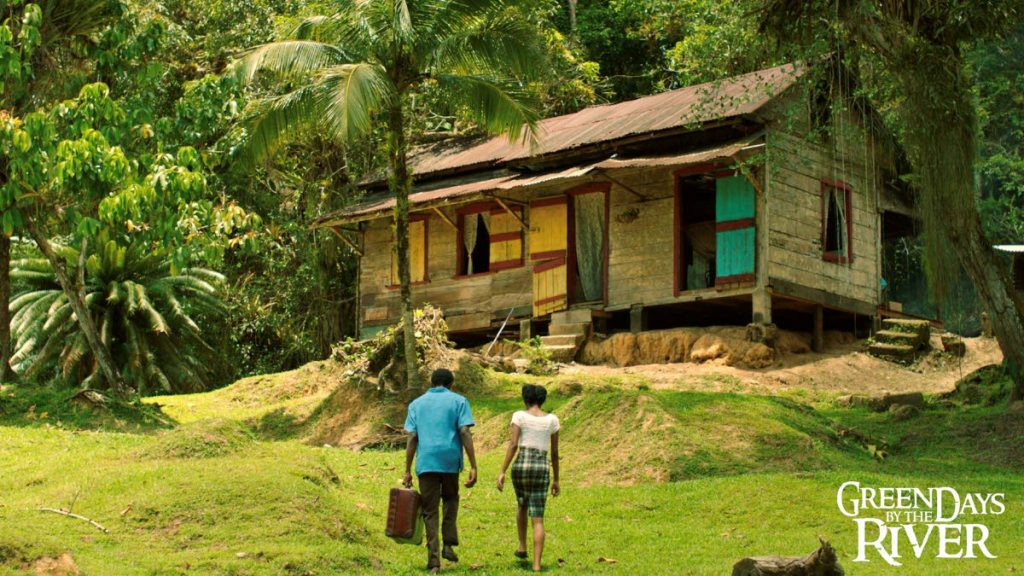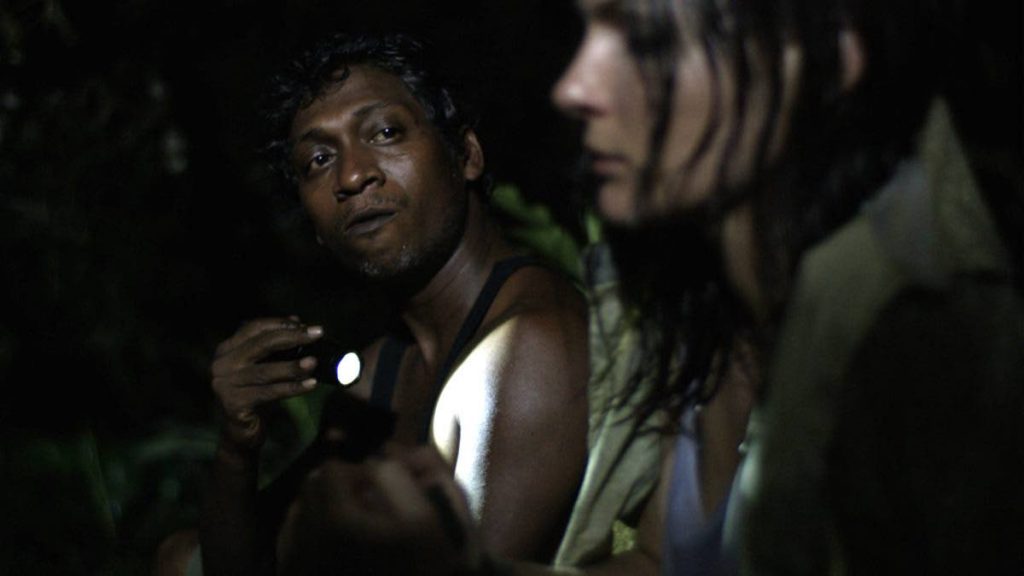Lights, camera, FilmTT

Film TT is working on a strategic plan to help take the local film industry forward and is in discussions with three foreign film companies interested in shooting in Trinidad and Tobago. The companies, two from the United States and one from the United Kingdom are looking at beginning shooting in the next three to four months.
General manager Nneka Luke spoke with Sunday Newsday about the development at her office on Long Circular Road, Port of Spain.

FilmTT is the State company responsible for developing and driving the audio visual and animation sectors, and has been actively developing the film sector for about ten years. Over the last couple of years, she said, the Trinidad and Tobago Film Company (TTFC) was incorporated under the umbrella of Creative TT as FilmTT; the other two entities are FashionTT and MusicTT.
Film, Luke opined, is a multi-billion dollar sector and is an economic driver of diversification. One of the biggest focus areas is investment in film productions through the Production Assistance and Script Development Programme (PASD). She said some of the fruits of the PASD are now being seen with films such as Play the Devil, The Cutlass and Moving Parts.
The other big area of development was the establishment of a rebate programme “which is one of the things that makes up quite competitive internationally as a location.” Luke explained the programme is a cash-based incentive where local and international producers can get up to 35 per cent cash back on their qualifying spending on services, such as Caribbean Airlines flights or catering. There is also an additional 20 per cent rebate for hiring local labour.
Luke has been the general manager of FilmTT for a year, during which her focus has been contributing to stabilising the sector after a slow down caused by the transition from TTFC to FilmTT. She said, however, that the organisation has been reconnecting with stakeholders, assessing what they have and seeking to re-establishing the country’s brand internationally.
On July 10, FilmTT hosted a public stakeholder meeting which included the Filmmakers Collaborative of TT. Luke said from the feedback the major concerns were financing and distribution. She said it is FilmTT’s role to fill all the gaps in the value chain and help develop or encourage the development of different financing options.
In terms of the rebate programme, she said there have been administrative challenges that management has sought to address. Work has also been done to clear the backlog of applications and look objectively and creatively at projects. She said in the next couple of months all areas would be addressed so they can get back to what it used to be.
According to Luke, FilmTT will be looking at what has been done well and what has not and move forward in a way that can serve all stakeholders.
She explained that the value chain in the film industry has not been fully formed or developed, something that is needed to ensure the development of the sector. She said a strategic plan is being developed, which the organisation plans to launch by January next year and which should build the foundation for the next five to ten years. Animation is not a big part of the focus but is a part of the plan.
Luke said it was important to create content and to “see ourselves onscreen”, which provides an opportunity to be connected to the international film industry, reaching audiences including the untapped Diaspora. She said a big area of concern was creating an economy where we can ensure that our content is exported and income is generated.

There are different models that can be used to get content distributed, as has been been happening with local films like Bazodee or The Cutlass, which have been in local and regional theatres and also on the international festival circuit. She said that television, theatres and online were among the main distribution options and TT has to get sales agents and distributors interested in our content. “If they don’t know we exist they cannot know if they are interested in us.”
Luke said television stations are potential collaborators for local film, supporting her argument by citing the 1970s and 80s when content was being generated and there was a generation who saw themselves on television. “It helped a lot to shape who we are as a people.”
There have been discussions between FilmTT and broadcasters and interest has been expressed, but she said the development of it as a platform requires a number of inputs to ensure a return to the place where we see ourselves on television again. In terms of local theatres, Luke said cinemas have their private interest and the task was to ensure there are enough “proof points” of content to show that people want to come and see local films, and she believes there have been.
The trinidad and tobago film festival, in its 12th year, has been a primary platform for seeing locals onscreen. Luke pointed out in the last five years the festival has consistently sold out and local films have had to add screenings. She said there is a general assumption that local audiences only want Hollywood and Bollywood films.
“I think the festival has demonstrated that people do want to see local films, and I think perhaps with the right model put in place there can be some mix between or a good balance between development of local culture, the importance of seeing ourselves onscreen and profits. And even potentially those productions becoming profitable themselves.”
She said from the 1970s to 1990s audiences primarily saw local content, but this changed with the opening up the local television market, introduction of cable and increasing access to foreign content. She said local content also lost pride of place and the same value was no longer ascribed to it.
On the positive side she pointed out films like I Am Santana, Bazodee and The Cutlass all had theatrical runs, and Green Days by the River and Pendulum, a crime thriller, will follow suit.
“We are seeing movement, seeing interest in content from local audiences.” The conversation, she said, needs to keep going in the right direction.
Luke has been around the industry for five years and she is not worried about the creative impetus per se, though there is room for training and development, “but the stories are there and the interest is there and the excitement is there.”
“It’s everything else. It’s getting people back to a place of recognising who we are and what we have is valuable.”
Repetition helps with this behaviour change, she said.
FilmTT plans to continue collaboration with Caribbean neighbours and Luke believes the world would pay more attention if TT presents itself as Caribbean content rather than content from a single country. She said there have been discussions with the film commissions in Jamaica, Barbados and the newly installed commission in Curacao.
Luke said FilmTT has led the charge but cannot do it all by itself. She said the organisation is actively developing a network of collaborators within Government and international agencies, adding that TT is small and nimble enough to identify models that exist internationally and look at the potential, and to find the best mix.


Comments
"Lights, camera, FilmTT"